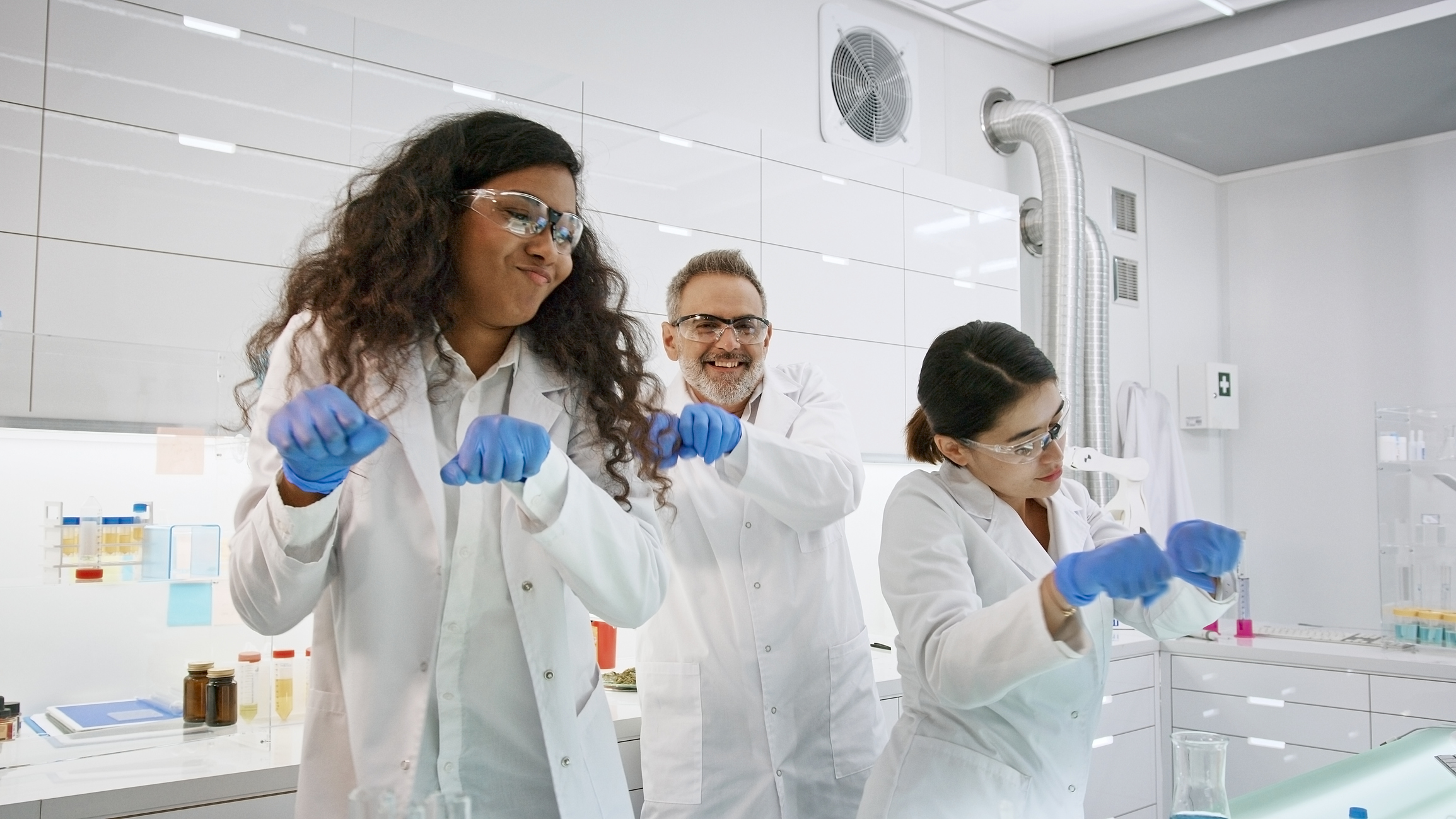Dimerix CEO says phase 3 trials means much higher chance of taking its kidney drug to market

The company is expecting first data from its phase 3 trial this year. Pic via Getty Images.
Dimerix (ASX:DXB) is one of very few Australian biotech companies to progress to a drug candidate to phase 3 trials – and CEO and MD Dr Nina Webster says they expect first data from their DMX200 trial into Focal Segmental Glomerulosclerosis (FSGS) kidney disease by the end of the year.
That’s not a long time in the sector where drug development can take years, especially in kidney health where trials previously took decades to come to fruition.
Making it to phase 3 means the company has already shown the safety and efficacy of the drug, but it also means the probability of getting to market is much higher.
“A study in 2019 indicated that a product in phase 1 has a 13.8% chance of making it to market, whereas a product that’s in phase 3 has almost a 60% chance of making it to market,” Webster said.
“Those statistics reflect the reality that, to get into phase 3, you need to already have demonstrated safety and efficacy – so the odds of success are significantly increased.
“Having an interim data end point readout in 2023 will tell us that we’re on track with our final clinical endpoints and that we’re seeing a clinically meaningful difference between drug and placebo.”
Orphan drug designation accelerates commercialisation
FSGS is an orphan indication (a rare disease or condition, and in the US is defined as affecting fewer than 200,000 people) for which the company already has orphan drug designation in US, Europe, and UK.
“What that means is that we have a potential accelerated, or faster pathway to market,” Webster said.
“The advantage of having orphan drug designation means that we only have to do one single phase 3 study, and we have built in two interim end points – so we don’t have to wait for the full study to know how it is progressing.”
The first end point will be towards the end of 2023, and after the second interim end point, or accelerated approval endpoint, it could mean the company can take the drug to market earlier.
“If successful, the second interim end point means we could go to market halfway through the study in some territories, with the study continuing to the end point in the background,” Webster said.
Accelerated approval is similar to the emergency use authorisation granted to Covid drugs during development.
“We need to show that the product is safe, that we’re seeing appropriate efficacy, and therefore could be allowed to go to market on the basis of that.”
Billion-dollar incentives to slow kidney disease
In 2021, kidney disease cost the US healthcare system $88 billion, with $55 billion of that in kidney failure and dialysis, which was the turning point to incentivise kidney disease treatments.
Before that, trials in the space had to run to a hard renal end point, which was kidney failure, so there was no incentive for pharmaceutical companies to develop products that could take decades to progress through clinical trials and require thousands and thousands of patients.
“There has been a change in the regulatory environment where, instead of the hard end point of kidney failure, we can use surrogate end points or biomarkers,” Webster said.
“That means companies can do these studies in months and years instead of decades.
“There was also a change to public policy in the US, where the incentive was for pharmaceutical companies and physicians to do anything they can to delay the onset of kidney disease.
“That means that bio companies now have an incentive to develop products, prescribers have an incentive to prescribe them, and it’s become a really hot area where global companies are actively seeking kidney assets.”
Appealing position for pharmaceutical partners
Webster said that being in phase 3 trials is also an incredibly appealing phase for partnering with pharma companies versus earlier stages of development.
“You end up with a lot of interest from global and mid-tier pharma companies, that will want take this product to market, because it’s so close.” she said.
“To be in a phase 3 trial generally means you have already demonstrated commercial scale manufacturing capability, along with all of the required formulation, non-clinical and analytical tests. This means you’ve actually got a complete product offering rather than an R&D concept.
“In terms of partnering timing, well it could be tomorrow, it could be next year. You have to negotiate with potential partners to make sure the deal will get the right outcome for both our shareholders and the patients.”
This article was developed in collaboration with Dimerix Limited, a Stockhead advertiser at the time of publishing.
This article does not constitute financial product advice. You should consider obtaining independent advice before making any financial decisions.
Related Topics

UNLOCK INSIGHTS
Discover the untold stories of emerging ASX stocks.
Daily news and expert analysis, it's free to subscribe.
By proceeding, you confirm you understand that we handle personal information in accordance with our Privacy Policy.








